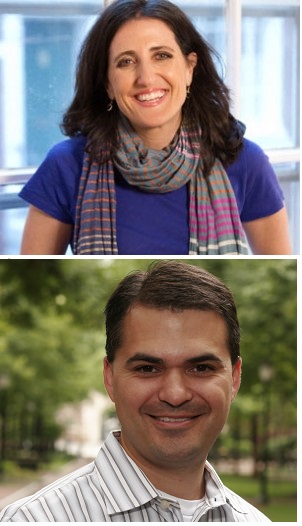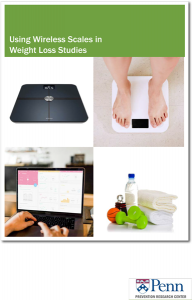 New research from UPenn PRC Community Engagement, Partnerships, & Technical Assistance Core Leads Carolyn Cannuscio, ScD, and David Grande, MD, MPA, shows that financial incentives may encourage epinephrine auto-injector use among young adults.
New research from UPenn PRC Community Engagement, Partnerships, & Technical Assistance Core Leads Carolyn Cannuscio, ScD, and David Grande, MD, MPA, shows that financial incentives may encourage epinephrine auto-injector use among young adults.
“We were impressed by the effects of the incentives,” said lead researcher Carolyn Cannuscio, a social epidemiologist with Penn’s Center for Public Health Initiatives, faculty member at the Center for Health Incentives and Behavioral Economics (CHIBE), and assistant professor of family medicine and community health at the Hospital of the University of Pennsylvania. “Adolescents and young adults have the highest rate of adverse events from food allergies,” with a high fatality rate, she said. When children move from elementary to middle school, school support for those with food allergies tends to drop off, according to Cannuscio, who said it’s a difficult transition to navigate.”We have learned that in very active situations, sporting events or socializing, going out to nightclubs,” said Cannuscio, “those are times when people really need to have their auto-injectors present.”

